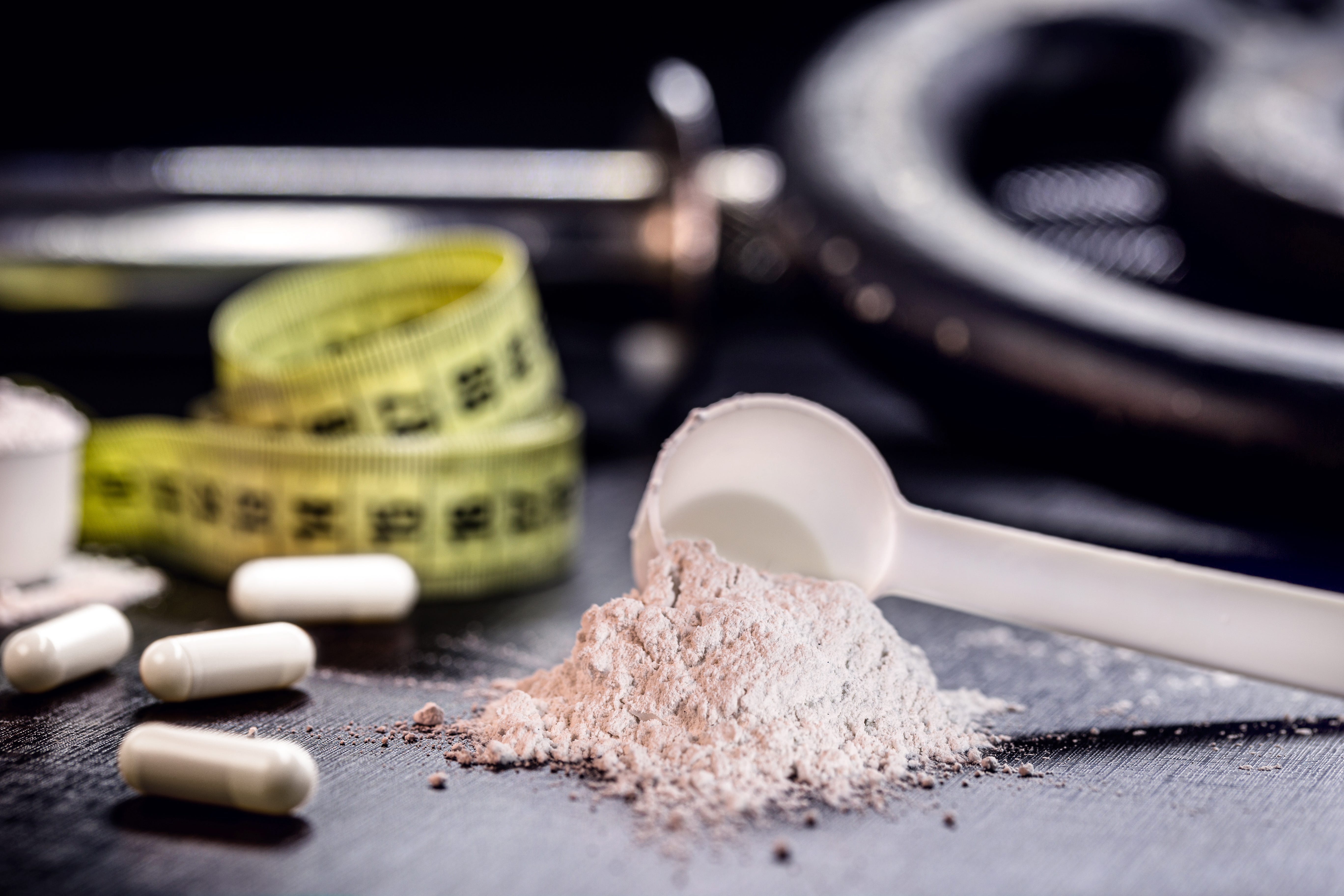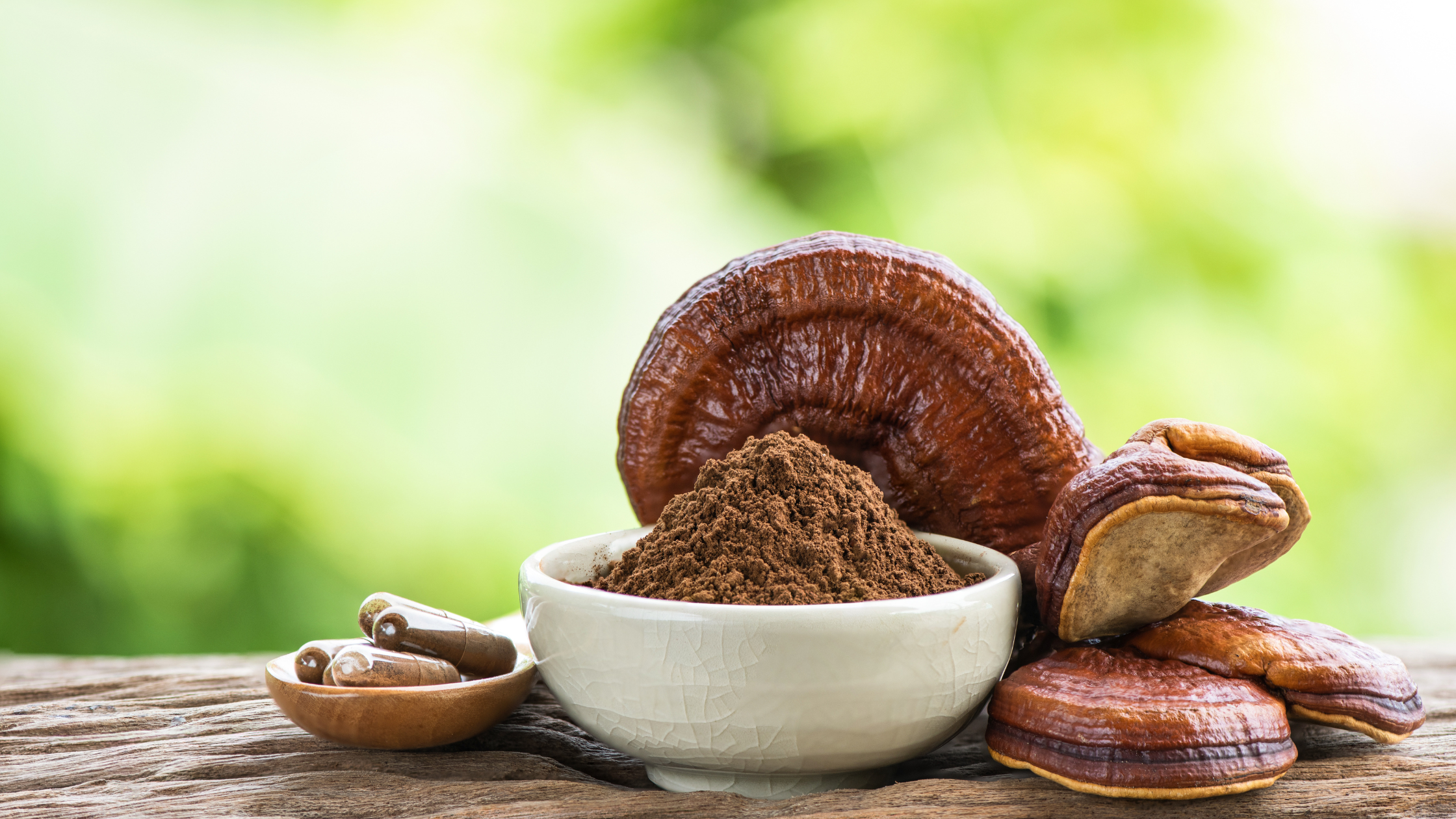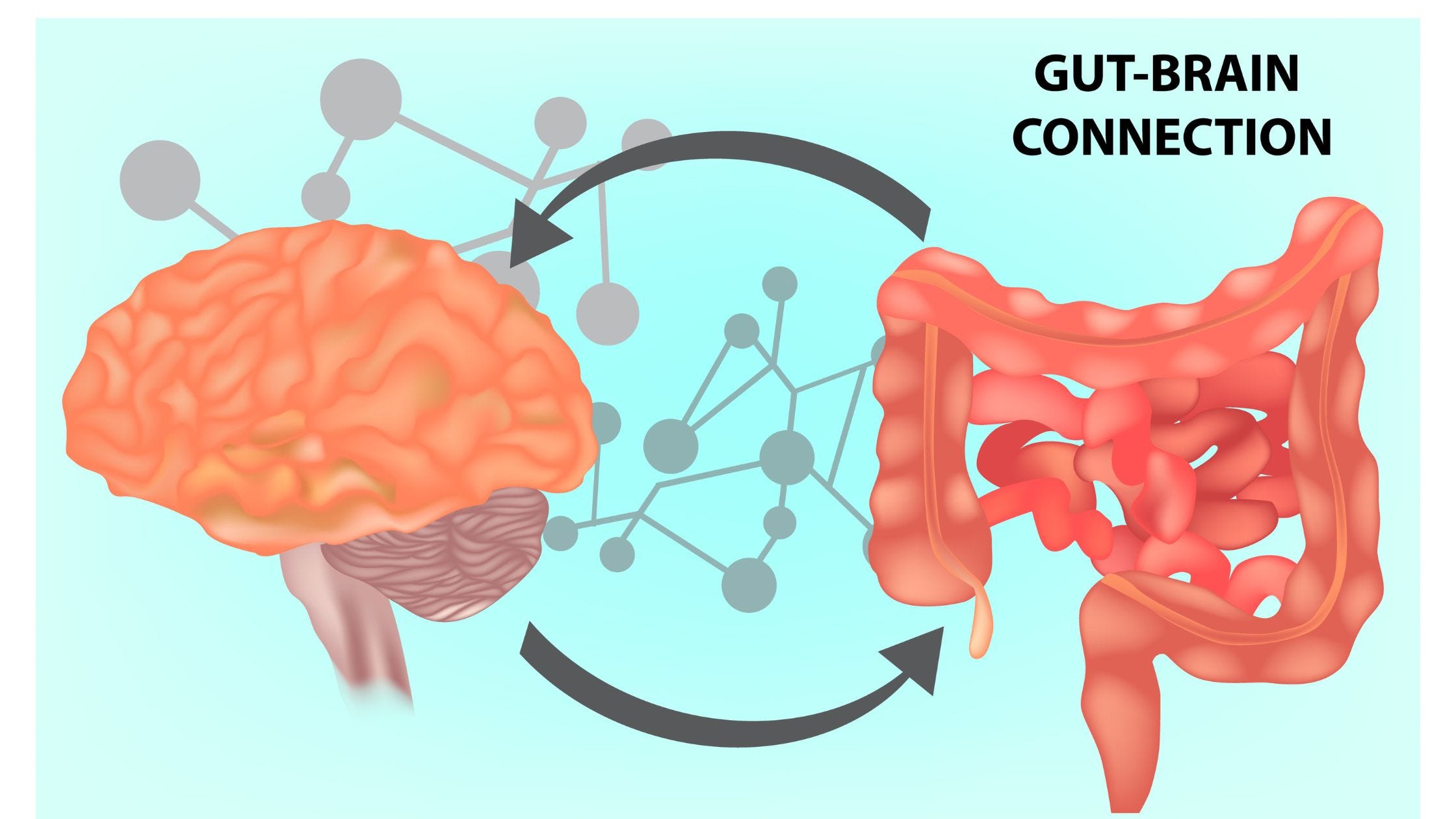
What is Creatine
Creatine is a natural substance found in muscle cells and neurons. It aims to help your muscles produce energy during heavy lifting or high-intensity exercise. You need anywhere from 1-3 grams of creatine daily, half from our diets and half from our bodies.
People take creatine as a supplement to improve their athletic performance and increase their overall muscle mass. It is one of the most well-researched and effective supplements for physical enhancement.
When you supplement with creatine, it increases stores of phosphocreatine in your body, which is then used to produce adenosine triphosphate (ATP), an “energy-carrying molecule found in the cells of all living things.”
But guess what? Creatine is not just for the body. It’s also incredibly beneficial to the health of your brain!
Creatine and Brain Function
The brain is a muscle that works 24 hours a day, seven days a week, right? It doesn’t get a break. And even though it’s small, it is mighty, requiring up to 20% of your daily calorie intake to function properly.
Like all the other muscles of the body, the brain needs recovery time, the right nutrition, and plenty of energy, which is where creatine comes in.
When supplementing with creatine, the body creates more ATP than naturally produced. So there’s more energy to allocate to muscles, including the brain.
Cognitive Benefits of Creatine
As you get older, your creatine production depletes, which means less energy for your brain to function. This is believed to cause cognitive deficits in older adults. At least, that is what several scientists who have conducted studies to prove creatine can provide memory support suggest. The evidence is building, and so far, there are studies that support creatine’s cognitive benefits, including short-term memory.
Creatine and Mental Health
In 2012, a Korean study showed that creatine may improve the benefits of antidepressants.
Over 8 weeks, 52 women who were diagnosed with major depression were given Lexapro. Half of the women were given 5 grams of creatine to take with the antidepressant, while the other half of the women were given a placebo to take with their medication.
The results showed that the women given creatine showed better treatment results, and no longer tested as clinically depressed – while the placebo group still tested within the range of depression.
How to Incorporate Creatine into Your Diet
Should you eat your creatine exclusively, or is supplementation necessary? Well, the recommended dose of creatine for brain health benefits is, on average, about 5 grams a day.
While you can get extra intake by eating creatine rich foods, steak for example, you will get far less creatine from food than you will from a supplement.
That creatine-rich steak has about 5 grams per 1kg! Not to mention that putting back 2.2 pounds of steak every day to get those 5 grams may not be suitable for your health, or your wallet.
Because of this, supplementation is very useful if you wish to add 5 grams of creatine (or more) to your daily routine.
If you are still interested in boosting your creatine through food, you certainly can! Meat eaters should try red meat, chicken, pork, mutton, venison, salmon, herring, cod, and tuna.
If you’re vegetarian there is milk, egg, and cheese – and if you’re vegan you can try pumpkin seeds, sesame, seaweed, white beans, walnuts, almonds, and watercress!
Creatine Side Effects
At the standard dose of 5 grams, creatine is safe for most people, but it can sometimes cause side effects such as nausea and GI issues. Some individuals may also experience water retention. Long-term effects are still being studied, but current research suggests that creatine is safe when used as directed.
We hope you better understand the purpose of creatine and how it can improve your health and wellness. Its benefits to the brain aren’t as widely known yet but are impressive and important, nonetheless. So, now you know: while the gym rats and bodybuilders are out there bulking up their muscles, they’re also building their brainpower – all with creatine!
References
https://qnlabs.com/blog/improving-your-health-with-a-creatine-supplement.html
https://www.healthline.com/nutrition/creatine-for-muscle-and-strength
https://www.britannica.com/science/adenosine-triphosphate
https://www.ncbi.nlm.nih.gov/pmc/articles/PMC6093191/
https://www.ncbi.nlm.nih.gov/pmc/articles/PMC4304302/
https://bmcmedicine.biomedcentral.com/articles/10.1186/s12916-023-03146-5















